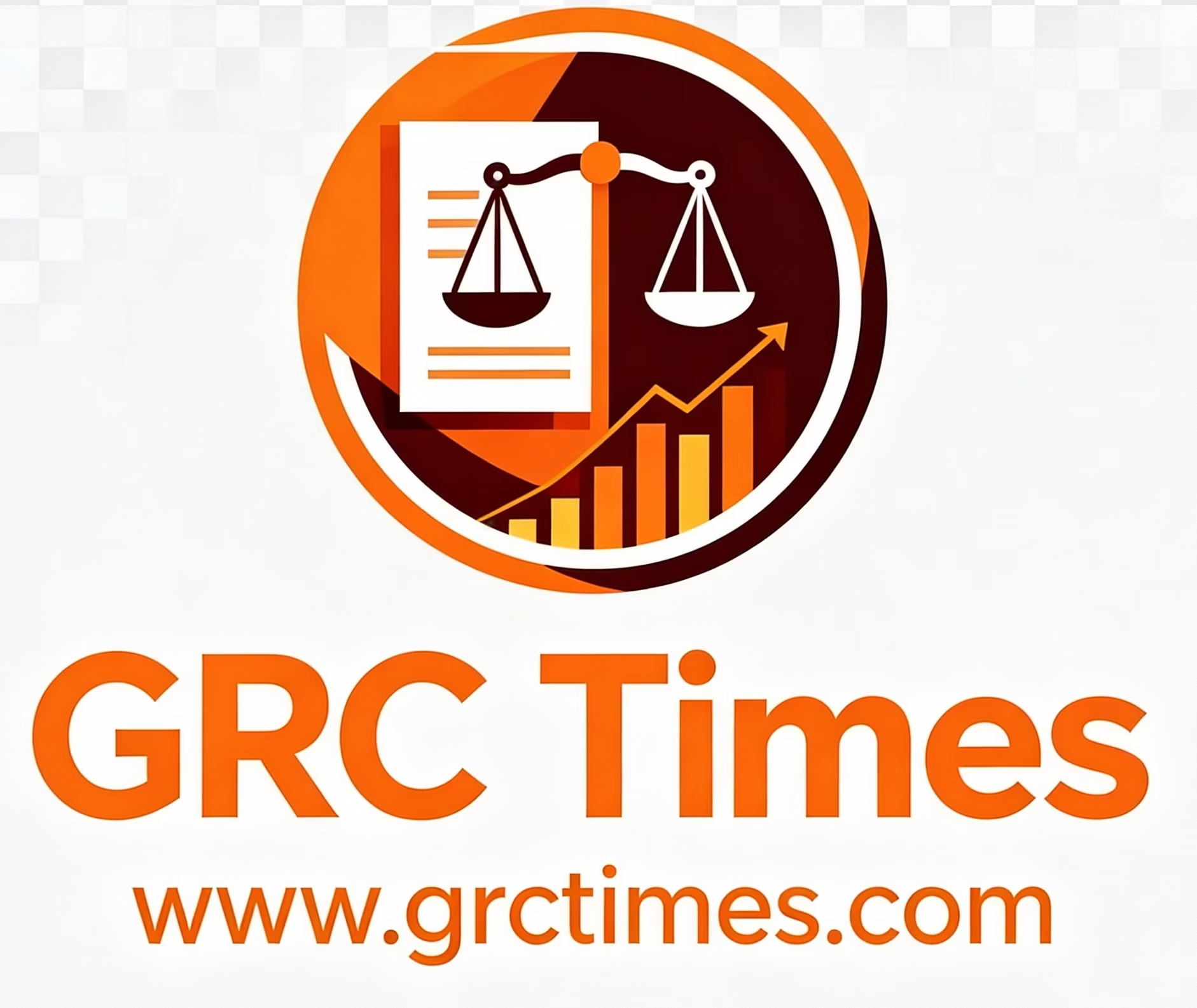BlockFi’s $35 million settlement with the U.S. Department of Justice (DOJ) is widely seen as an inflection point for regulatory expectations in the cryptocurrency industry. This landmark case signals elevated scrutiny from regulators and compels digital-asset firms to establish and maintain robust compliance frameworks.
Implications for the Fintech Sector
The settlement has broad implications for fintech companies that operate in the evolving digital-asset ecosystem:
-
Traditional financial institutions may require stricter onboarding and ongoing due diligence for crypto-related businesses, aligning with evolving regulatory standards as discussed by the DOJ and FinCEN.
-
Access to banking services for digital-asset organizations could become contingent upon robust and demonstrable compliance programs, reflecting the growing risk aversion among banks in light of recent enforcement actions.
-
Investor confidence will increasingly depend on the perceived legitimacy, transparency, and regulatory standing of service providers, as highlighted in recent SEC communications.
Risk Management Considerations for Digital Asset Companies
Heightened enforcement brings sharper focus to risk management in the crypto sector:
-
Real-time transaction monitoring is critical to detecting suspicious or anomalous activity. Solutions recommended by FATF are rapidly becoming the industry standard.
-
Conducting regular independent audits ensures ongoing compliance with Anti-Money Laundering (AML) and Know Your Customer (KYC) obligations. These practices are foundational in global regulatory frameworks.
-
A clear governance structure, with well-defined lines of accountability and senior leadership oversight, is necessary for demonstrating intent and capacity to comply with evolving laws.
Regulatory Strategy: Shifting from Guidance to Formal Enforcement
BlockFi’s case demonstrates a transition from informal regulatory guidance to substantive enforcement actions:
-
Proactive regulator engagement is now essential. Companies are encouraged to seek clarifications on new product launches and operational policies by engaging directly with regulatory bodies, such as FinCEN and the SEC.
-
Implementing a jurisdictional compliance matrix helps firms stay current with varying laws and requirements worldwide, a step advocated by leading compliance consultants and organizations like ISDA.
-
Dedicated investment in ongoing regulatory research and compliance training is paramount to withstand regular audits and adapt to policy shifts, a need echoed in Basel Committee guidance.
Practical Lessons for Crypto Firms and Investors
-
Integrate compliance from day one in all product roadmaps to streamline regulatory approvals and mitigate long-term risks.
-
Maintain transparent, frequent communication with stakeholders and investors about regulatory changes and organizational responses.
-
Embrace technology investments that automate and strengthen AML/KYC processes, utilizing advanced solutions discussed by FATF.
-
Test and drill scenario-based response protocols for handling regulatory inquiries, as recommended in risk management best practices.
-
Stay updated on enforcement trends through subscribing to bulletins from the SEC, DOJ, and international organizations—to anticipate future regulatory direction.
As regulators take a more active role in shaping the digital-asset landscape, firms that embed rigorous controls and foster a culture of compliance will be more resilient and competitive. For investors, the existence of robust compliance practices and proactive regulatory engagement now serve as key indicators of a crypto firm’s long-term viability and operational durability.




